- Mediatized Sapiens – Communicational Knowledge in the Constitution of the Species
- Sapiens Midiatizado – Conhecimentos Comunicacionais na Constituição da Espécie
- Mediatization, Polarization, and Intolerance (Between Environments, Media, and Circulation)
- Midiatização, Polarização E Intolerância (Entre ambientes, meios e circulações)
- Networks, society, and polis: epistemological approaches on mediatization
Mediatized Sapiens – Communicational Knowledge in the Constitution of the Species
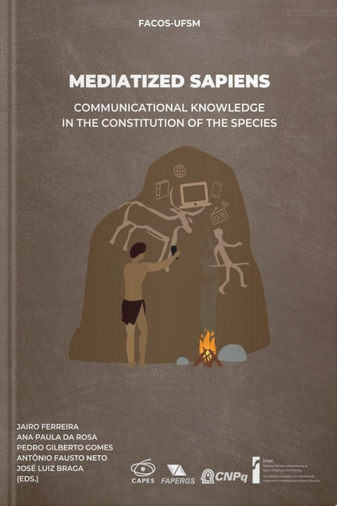
Editors:
- Jairo Ferreira
- Ana Paula da Rosa
- Pedro Gilberto Gomes
- Antônio Fausto Neto
- José Luiz Braga
Reading in (leitura na) Google Books
Reading in (leitura na) Google Play Books – Android App
Publisher (editora): FACOS – UFSM
Santa Maria (Brazil) 2022
This book results from the IV International Seminar on Research on Mediatization and Social Processes held in 2020/2021. The III International Seminar on Research on Mediatization and Social Processes had a program developed on two levels: debate panels with invited researchers (5 panels, with the participation of researchers from Sweden(2), Argentina (2), and Brazil (9, including five from PPGCC-Unisinos). The IV Seminar program and its structure are at https://www.midiaticom.org/seminario-midiatizacao/programacao-2020/.
In this IV Seminar, the theme of the panels was “Mediatized Sapiens: the social construction of knowledge among interactions, means, circulation, and social mediation.” With mediatized sapiens, we want to refer to several media processes related to the mental changes of the species. Several questions can be enunciated related to these. How can we think of knowledge social construction when mediated by the media processes? To what extent does the mental experience of the species hold media processes as references to its building and inferences? How do the actors in a network participate in these processes? To what extent do institutions and organizations adapt to these new environments? In particular, how do the University, research, and scientific fields participate in this repair? Do the media in digital media, in action through expert systems and artificial intelligence, interpose themselves in these processes to the point of asking incisive and secondary questions? How do temporalities and spatiality affect the conditions of production and reception, including social practices, in the social production of knowledge? What epistemologies and methodologies can account for this new complexity amid indetermination and uncertainty zones?
Publicações Relacionadas
Latest News
-
Mediatized Sapiens – Communicational Knowledge in the Constitution of the Species
Editors: Jairo Ferreira Ana Paula da Rosa Pedro Gilberto Gomes...
- Posted abril 25, 2023
- 0
-
Sapiens Midiatizado – Conhecimentos Comunicacionais na Constituição da Espécie
Organizadores: Jairo Ferreira Ana Paula da Rosa Pedro Gilberto Gomes...
- Posted março 13, 2023
- 0
-
Perspectivas diversas sobre midiatização se encontram em Seminário Internacional na UFSM
Tendo como tema Hipermidiatização, intensificação e aprofundamento da midiatização? Aplicativos, plataformas,...
- Posted dezembro 9, 2022
- 0
-
Mesas V Seminário Midiatização
Caros colegas, Realizamos, nos dias 14, 21 e 28 de...
- Posted novembro 30, 2022
- 0
-
Chamada do V Seminário Midiatização e Processos Sociais
O V Seminário Internacional de Pesquisas em Midiatização e Processos...
- Posted dezembro 23, 2021
- 0
-
Processo Seletivo PPG em Ciências da Comunicação UNISINOS
O PPG em Ciências da Comunicação da UNISINOS está com...
- Posted outubro 27, 2021
- 0
-
Mediatization, Polarization, and Intolerance (Between Environments, Media, and Circulation)
Editors: Jairo Ferreira Antônio Fausto Neto Pedro Gilberto Gomes José...
- Posted maio 7, 2021
- 0
Inscreva-se na nossa Newsletter
Contamos com o apoio de:


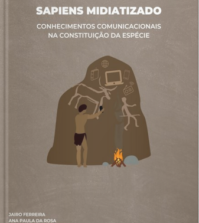
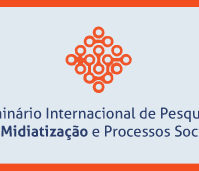
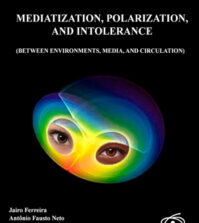
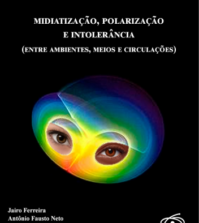

0 comentários